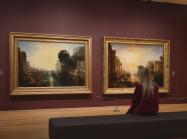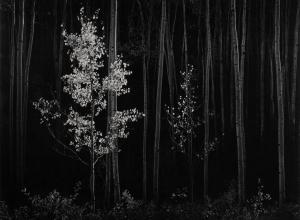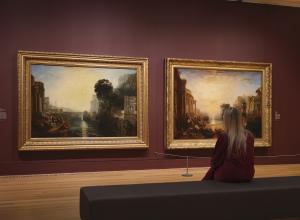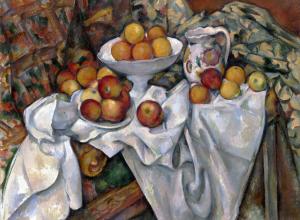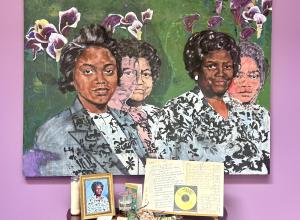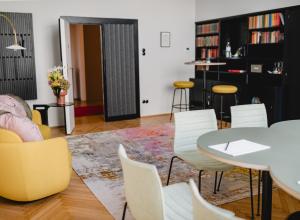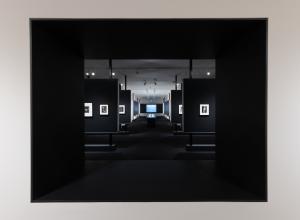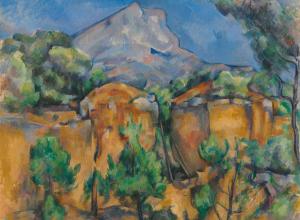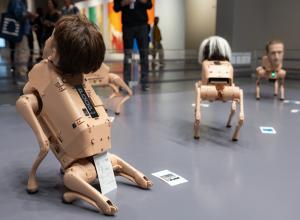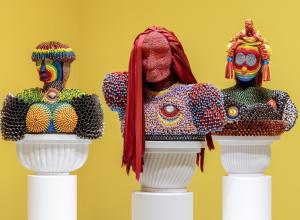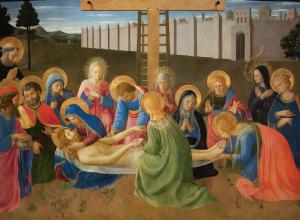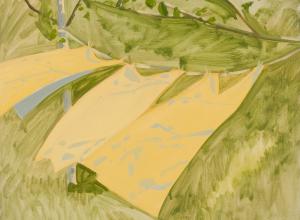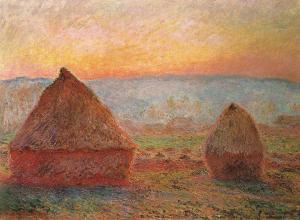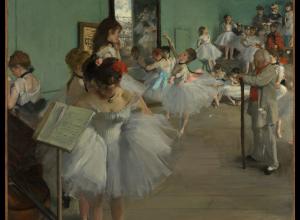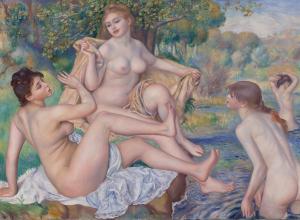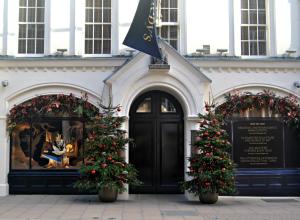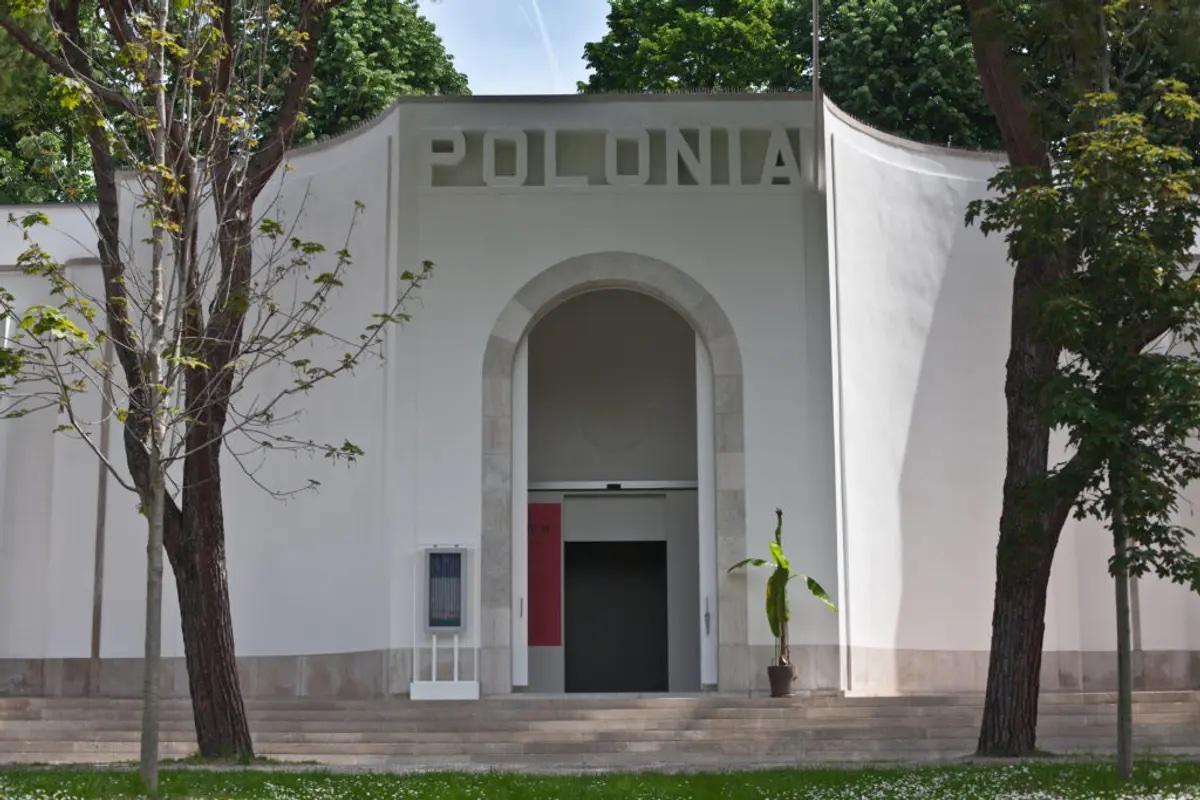
The entrance to the Polish Pavilion at the Venice Biennale.
Poland has announced that it has reversed its decision to showcase artist Ignacy Czwartos at the Polish pavilion in the 2024 Venice Biennale because the work featured imagery aligned with the conservative government’s politics.
In October, the Polish Minister of Culture announced that Czwartos was chosen to represent Poland. The artist planned to display paintings depicting the country’s historical oppression by Germany and Russia in the last century. However, in response to widespread criticism, the Polish government announced that Open Group, an art collective of Ukrainian artists Yuriy Biley, Pavlo Kovach, and Anton Varga, will now represent the nation.
In a statement made on December 29, the Polish Ministry of Culture stated that “after getting acquainted with the opinions and voices of the communities” it had accepted the decision not to implement the project with Czwartos. It confirmed that despite the change in presentation, Warsaw’s Zachęta National Gallery of Art will still be organizing the exhibition.
Czwartos’s exhibition, Polish Practice in Tragedy: Between Germany and Russia, was planned to include over 35 works that envision Poland as oppressed by Germany and Russia throughout the 20th century. In the proposal document submitted to the Biennale, it was described as “a profound reflection by a contemporary Polish artist on the tragic history of the 20th century.” One of the works was to show German Chancellor Angela Merkel and Russian Prime Minister Vladimir Putin near a swastika, according to the project’s initial outline.
When Czwartos was announced to represent Poland, the country was led by the right-wing populist and national conservative party Law and Justice (PiS). But in December, the centrist party leader Donald Tusk became prime minister. Czwartos was told that Bartłomiej Sienkiewicz, the Minister of Culture and National Heritage under the new government, had stopped the project. The project had also initially faced backlash from critics for being too closely aligned with the agenda of the PiS party.
“No reasons were given to justify the decision and, what is more, this decision is contrary to the regulations in force," Czwartos told The Art Newspaper. "I perceive it as censorship.”
The new project for the Polish pavilion by the collective, Open Group, is titled “Repeat after me" and was submitted by art historian and curator Marta Czyż. The work of Open Group has already been to the Venice Biennale, having been featured in the group exhibition ‘Hope!” showcasing a young generation of Ukrainian artists organized by the PinchukArtCentre in the Ukrainian Pavilion at the 56th Venice Biennale in 2015.

